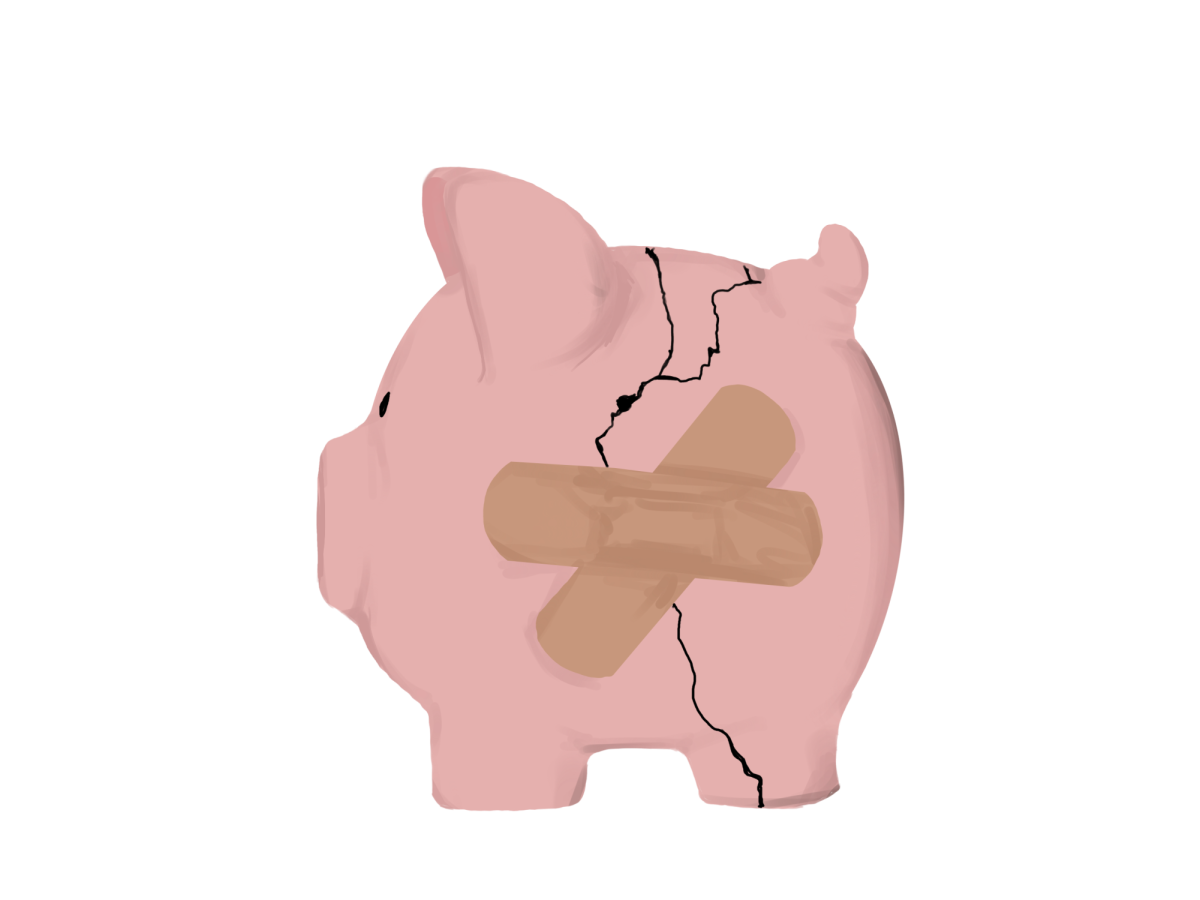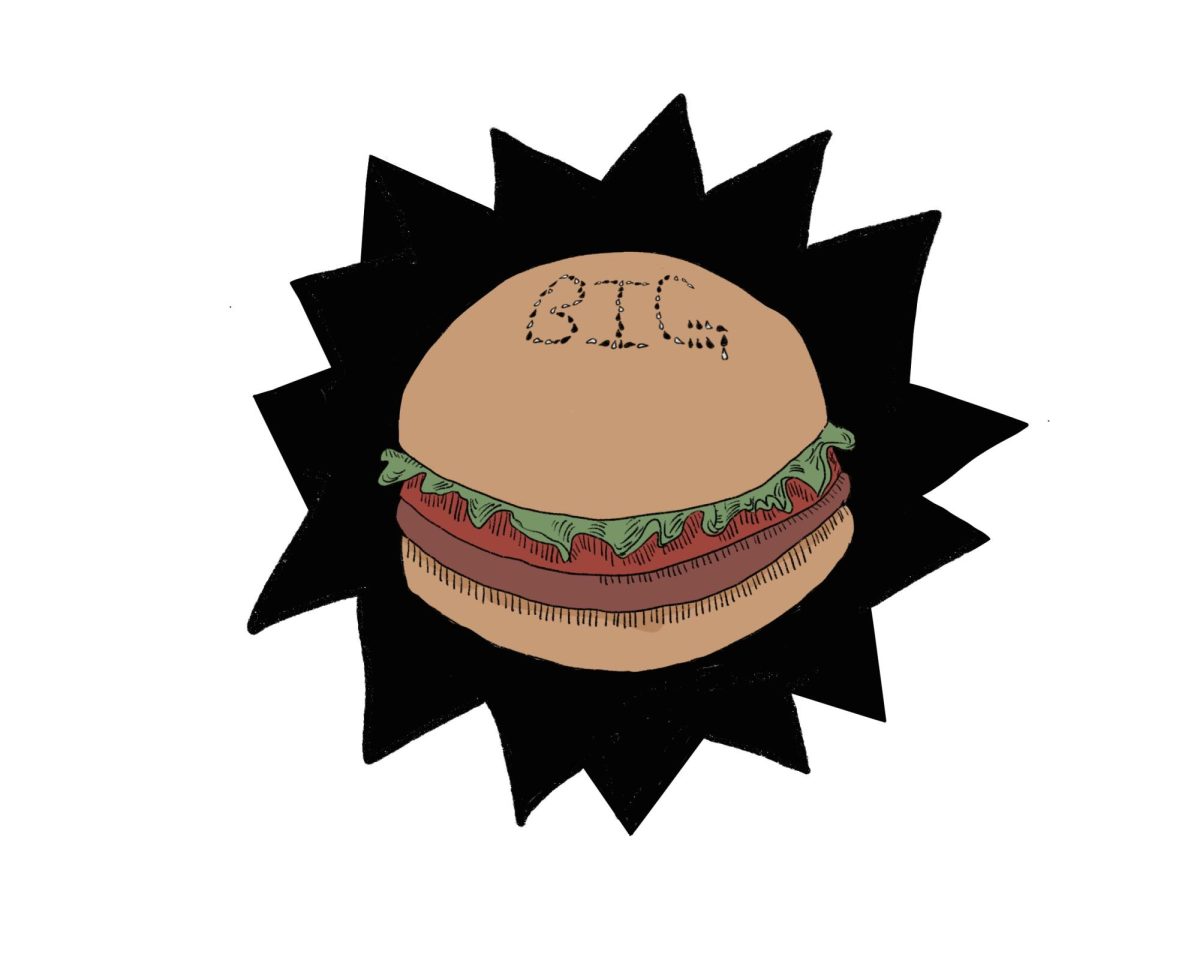
On a recent sunny afternoon, a man browsed the religion and mythology section at the Borders on Brand Ave. in Glendale. He took books out and put them back until he found a paperback with a grey cover and began flipping through it. A store manager walked by, and the man called out to her, asking if the book he held had a lot of information on leading a spiritual lifestyle. She shrugged and said she figured it would, due to the category it was listed under, but she wasn’t sure. The man put the book back.
A week earlier, a woman walked into Chevalier’s Books on Larchmont Blvd. and headed for the cash register at the back of the store. She told Normon Dixon, the store manager, that she was looking for a novel but couldn’t remember the author and had only a vague recollection of the plot. She did recall that the book had a blue cover, a title beginning with ‘M’ and was recently published. Dixon began listing titles until the customer heard a familiar one. Dixon looked it up on the computer, she confirmed he’d found the right one, and he ordered the book.
On Feb. 17, Borders Group Inc. filed for Chapter 11 bankruptcy protection, announcing the closure of over 200 stores across the U.S. by the end of April. As the Internet becomes the dominant medium for shopping and sharing information, allowing customers to download or order any book with the click of a button, brick and mortar bookstores of all shapes and sizes face great challenges staying afloat.
Both retail giants like Borders and smaller independent or specialty bookstores like Chevalier’s have to ask themselves what works and what doesn’t to stay in business and compete with technology—or else it may be the end of bookstores as we know it.
Facing a common adversary
Borders is closing 21 stores in southern California alone, and the future of independent book stores seems to be equally grim. In Hancock Park, Dalton’s Books, the oldest independent bookstore in LA, closed last year, though its owner continues to sell specialty merchandise online. Cook’s Library on Larchmont closed in 2009. Jessica Lamden, an employee at Village Books in Pacific Palisades, said that she’s seen many stores fail in the past decade.
“They’re closing all around us, but we’re still standing,” she said.
Inventory supervisor Matthew Burkel, who works at the Borders on Sunset and Vine, offered his own explanation for the retail chain’s impending store closures.
“A lot of it’s economy, and a lot of it’s technology and e-books,” Burkel said.
A Feb. 16 article in the Wall Street Journal announcing the bankruptcy points to competition from Internet-only retailers like Amazon.com and reported that Borders will soon shift its focus to selling e-readers and “non-book products.”
According to the Association of American Publishers, by 2010 e-readers like the Kindle, iPad and Nook made up 8.3% of the book market, and e-book sales across the country rose from $18.7 million in 2009 to $49.5 million in 2010.
Faithful Borders customer Rebecca Evans said she agreed the Internet is the source of the problem but don’t see a clear-cut solution.
“You have to understand that a lot of the reason this is happening is because of the web and the increase in technology and how fast technology is developing. You might not be able to change that by just advertising and settling debt. It might not be able to be changed,” Evans said.
Dixon, Chevalier’s manager, said that he sees a direct connection between the rise of e-readers and sales at the store.
“We’ve had a few people actually say to us ‘Oh yeah, I don’t come in as often any more now that I have a Kindle because it’s much easier,’” Dixon said.
According to English instructor David Long, the rise of e-readers could actually benefit stores like Chevalier’s. In December, Google introduced an online eBooks store that allows customers to download text onto practically any mobile device except the Kindle and chose to partner with and sell eBooks through the websites of over 200 independent bookstores across the country, including Book Soup in Hollywood and Skylight Books in Los Feliz.
“The independent bookstores have been able to corner a particular niche in e-readership, or in electronic text, that Borders wasn’t necessarily able to secure,” Long said.
Evans said she is upset about the Borders on Sunset and Vine closing and hopes the company will be able to get back on its feet.
Another Borders customer said that he will not be as affected but doesn’t see a way for any brick and mortar bookstores to survive.
“I think they’ll fold sooner or later in the near future,” he said.
Customer service advantage
Independent bookstores may have an advantage when it comes to competing with retail giants like Barnes & Noble and Borders because they are often better at providing informed customer service, catering to the needs of clientele and creating an inviting atmosphere for reading.
According to Dixon, Chevalier’s promotes a closer connection with its customers by offering a house charge account for regulars, who then pay their bills at the end of the month. Metropolis, a Downtown independent bookstore, connects with customers by holding an annual month-long sale celebrating the birthday of the owners’ dog, who is the store’s mascot.
Dixon said that the leading forces behind the store’s survival are his familiarity with Hancock Park residents and relationships with loyal customers, which in some cases have developed into true friendships.
“There’s this woman named Roberta, and every time she comes in we chat with her a little bit. She and [employee Liz Newstat] are particularly close. They socialize outside the store and she knows me and has come to events that I’ve been involved in,” Dixon said.
According to Dixon, independent bookstores have a better chance at forming close relationships with customers than a retail giant because most people who work at smaller stores love to read.
“People who shop here are passionate about books, and they want to buy their books from people who know books in a better or more informed way than someone who is paid minimum wage at a chain store, that stocks the shelves and sells products,” Dixon said.
In fact, one regular customer at the Borders on Sunset and Vine said he has gone to the store at least three times a week for the past year and yet his interactions with store employees remain strictly professional.
“I don’t think anybody knows me by name. I think sometimes when you enter and exit the store they say ‘welcome’ and ‘goodbye,’ but I think that’s about it,” he said.
Inventory supervisor Burkel said another regular Borders customer trusts his recommendations because they chatted about a common interest in film history a year and a half ago, but this is the exception and not the rule.
The curated reading selection offered by small bookstores may be another reason why retail giants lag behind when it comes to forming bonds with the community.
“The chain stores don’t have the authority to order just whatever they want; they are given their inventory from management. Here, every single book is chosen by hand with our customers in mind,” Dixon said.
Burkel said that he thinks tailored customer service also allows specialty bookstores to sustain themselves with loyal customers.
“[Stores] like Samuel French, which sells plays and scripts and stuff, have so much bigger of a selection because they specialize in it so they have their clientele for it. That’s how they survived when the big bookstores came around. It’s kind of how they survive now with the Internet and everything,” Burkel said.
In addition, Long said he prefers smaller bookstores because the cavernous size, fluorescent lighting and large selection of titles in bigger stores can be overwhelming and prevent him from wanting to buy a book.
“When I go to a bookstore, I often like to be introduced to a text that I might not ordinarily buy, and so I think that some smaller independent bookstores sort of provide the opportunity to be surprised or introduced to a new reading discovery,” Long said.
While Evans said that she prefers the large selection at Borders and thinks that the store feels like a library with customers reading books all around, she agrees that when it comes to maintaining a niche audience and keeping the customer in mind, independent bookstores have the edge.
Re-‘Kindle’ing a paperback romance
So what is to become of bookstores?
For now, Borders Group Inc. won approval for a $505 million loan on Mar. 15, but the company still has multiple debts to pay and is charged with having to reinvent its stores and somehow get back on track in time for the holiday rush.
Dixon admitted that Chevalier’s hasn’t been fairing well financially, despite maintaining a loyal following. Still, he said that more younger families are moving into the neighborhood and taking their children to Saturday morning story time in the children’s section, creating family traditions around the store and potentially locking in future generations of Chevalier’s customers.
Mother of three Melanie Random, a Chevalier’s customer, said that she is optimistic about the fate of independent bookstores and thinks her toddler’s ability to switch between technology and paperbacks points to a future for both formats.
“There’s a place for both of them. She sits in front of the computer for an hour a day but she also likes books. I don’t think one replaces the other,” Random said.
Overall though, some readers, including Village Books employee Clara Collier ’14, say that bookstores only have a chance if they focus on cultivating the store’s ambiance.
“It’s going to have to be less about selling books and more about local-ness. It’s really going to be more about the event of being in a bookstore than the books,” Collier said.






